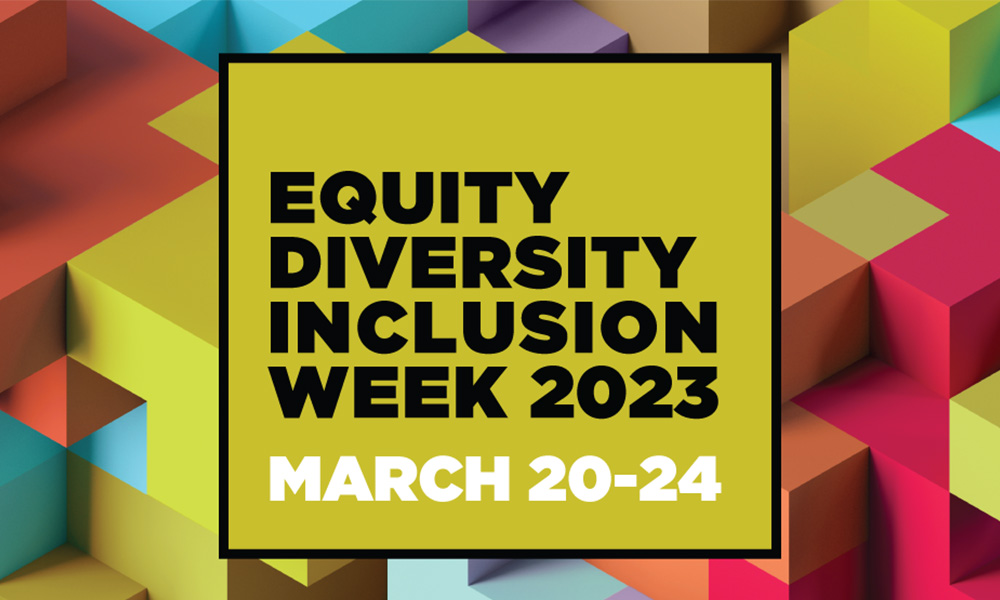In 2015, the United Nations declared the 10 years to follow the International Decade for People of African Descent. As 2024 – and the end of that decade – approaches, Dr. Valerie Ouedraogo and her research colleagues are asking essential questions about Afrocentricity as a paradigm for social work education and practice in Canada.
With funding from a Social Sciences and Humanities Research Council Insight Development Grant, their project looks at how Afrocentric approaches are used in (or absent from) higher education. The goal is to expand equity and anti-Black racism as core topics in social work education.
“Diversity is about asking how we can take other ways of knowing and look at them, not as alternatives, but put them at the centre,” says the School of Social Work associate professor. “We need to consciously and intentionally bring content about the accomplishments and contributions of people of African descent – and there are a lot of them – into classrooms and social work practice.”
She’s not alone in that belief. One of the recommendations from the report of the UN working group of experts was that Canada strengthen Afrocentric educational curricula – an approach that centres on the historical, cultural and sociological experiences and people of Africa and the African diaspora.
Afrocentricity is about creating a space for people to voice and articulate their history, says Dr. Ouedraogo. “It is not just explaining what the problem is; it’s about how we can give people better recognition, access to health care, employment and active listening – everything.”
That makes Afrocentricity critical for social workers at all levels who are working with diverse populations.
“We need to normalize using anti-racism, anti-Black racism and Afrocentricity as best practices,” she says.
Because an Afrocentric approach means centring on the stories and histories of people. Dr. Ouedrago’s study engages with participants from Nova Scotia (which has a longstanding population of people of African descent), Ontario (which has the largest population in the country) and Alberta (which has the fastest-growing Black population in Canada) for this SSHRC-funded project. Together, the project team completed an extensive literature review of Afrocentric approaches in higher education and are currently conducting interviews with academics, community workers and government representatives.
But shifting education and theory away from westernized ways of knowing, approaches and theories isn’t easy.
“There is automatically resistance when we introduce other ways of knowing into our education system – whether those ways of knowing centre on people of African descent, Indigenous Peoples or others,” says Dr. Ouedraogo. “Acknowledging that is important to moving past it.”
She believes that now is the time to look for alternatives – that there are limits to many of the theories used in social work, the social sciences and humanities, and that it is critical to look beyond them in the interest of equity and social justice.
“I believe that Afrocentricity can lead us where we want to go,” she says. “And I hope that when my future grandchild sits in a class, he/she/they will not have to ask, ‘Where is my space and where is my voice?’ as Black learners have to ask now.”
 Listen now
Listen now
 See more events here.
See more events here.
